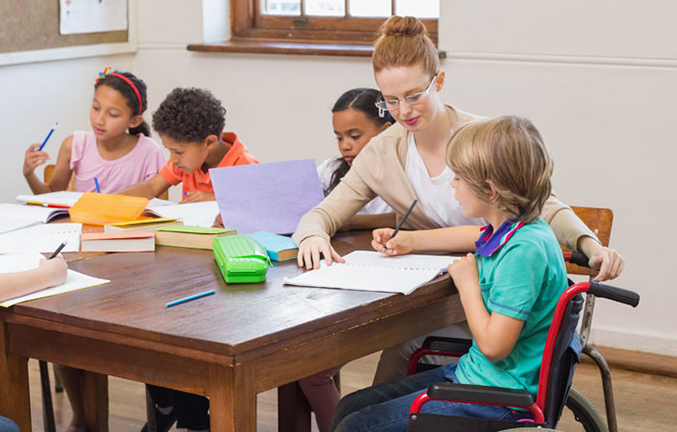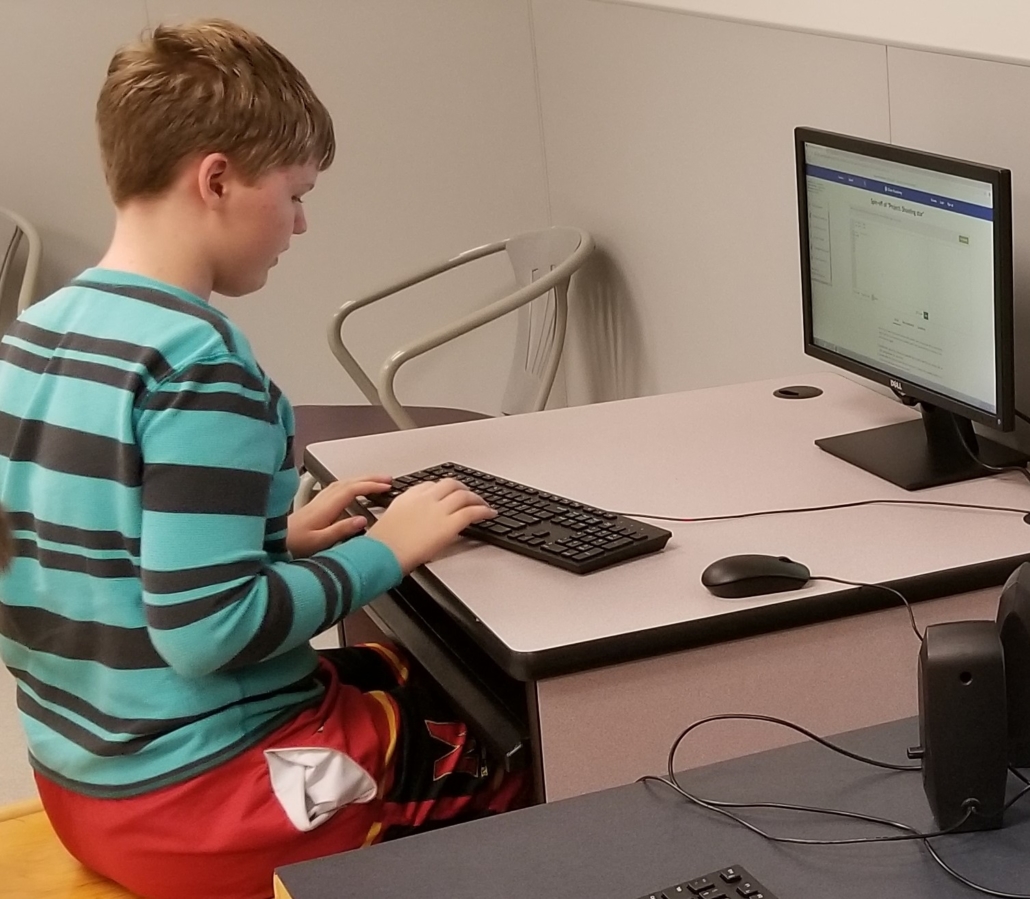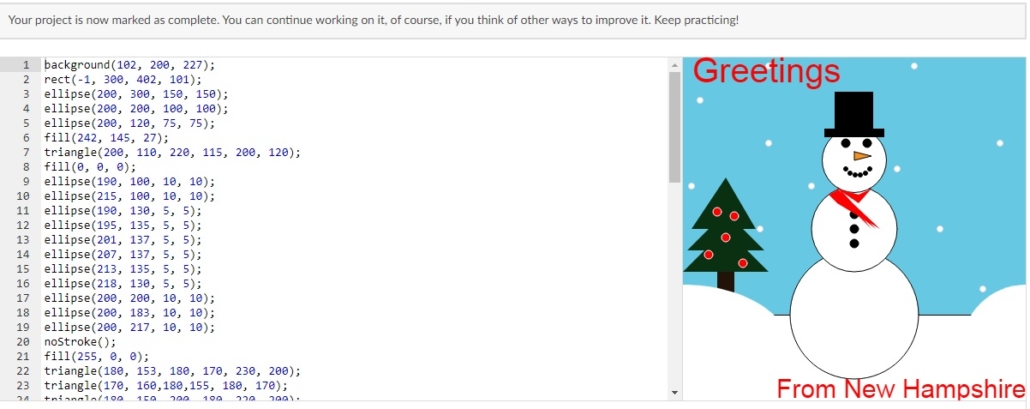Navigating Special Education: A Comprehensive Online Training for Families, Educators, and Advocates
The services and supports and the quality of education available to students with disabilities has continuously improved since the Individuals with Disabilities Education Act (IDEA) first required schools to educate all students with disabilities back in 1975. However, the process of identifying which students should receive special education services and what services they should receive can be complicated, for both schools and families. The Arc@School’s new, online Advocacy Curriculum provides parents, educators, and non-attorney advocates the basic information they need to navigate the special education system.
What Is Special Education Advocacy and Why Do We Need It?
The IDEA requires schools to provide students with disabilities a free and appropriate public education (FAPE) in the least restrictive environment (LRE) through an individualized education program (IEP).
FAPE means students with disabilities must receive all of the specialized supports and services that they need to benefit from their education, at no cost to them or their family. LRE means students with disabilities must learn in the same classes and same schools that they would attend if they did not have a disability, as much as possible. Finally, an IEP is a document created annually that describes what the student already knows, what the student will learn in one year, and what services and supports the school will provide to help the student reach his or her educational goals.

The process for creating the IEP is meant to be one of collaboration between a student’s parents, the student once he or she reaches age 16, teachers, service providers, and other school staff who know the student best. However, this collaborative process can break down due to disagreement between parents and school staff regarding the student’s plan. The IDEA builds in a system of accountability where students and their parents have certain rights and can take certain actions when they do not feel that the school is meeting the student’s needs appropriately. Students and parents often struggle to advocate on their own for appropriate educational services, so some seek to educate themselves so that they can advocate for services on their own, and some seek help from a special education advocate to obtain the services they feel the student needs.
What The Arc is Doing to Help
Since its founding in 1950, The Arc has advocated for students with intellectual and developmental disabilities (I/DD) to have access to educational supports and services. A lawsuit brought by a chapter of The Arc was a critical factor in the passage of the IDEA. Many chapters of The Arc continue to provide lay special education advocacy for students with I/DD and their families. In 2016, The Arc created The Arc@School to support chapters of The Arc, families, and educators in ensuring students with I/DD receive the services and supports they need at school.
To help families, educators, and advocates for all students with disabilities better understand how the collaborative process should work, and how they can better work together to meet student’s needs, The Arc@School launched an online curriculum in 2019 that provides basic information on navigating the special education system at an affordable cost for users. The Arc@School’s Advocacy Curriculum includes eight online, self-paced modules on the legal foundation of the special education system, early intervention services, individualized education programs (IEPs), procedural safeguards, Section 504, educational records, and more. Users who complete all 8 modules will receive a certificate of completion.
A successful IEP is the foundation for students with disabilities to successfully transition to postsecondary education, employment, and independent living. The Arc@School’s Advocacy Curriculum can help families, educators, and advocates support students on their path to success!










